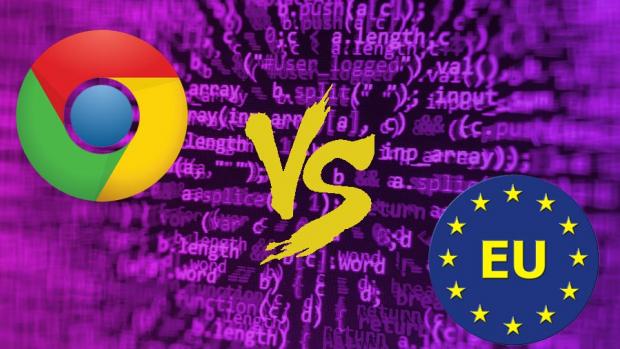Google Refuses French Order to Apply ‘Right to be Forgotten’ Globally
Google itself weighed in on the right to be forgotten on Thursday, protesting a notice from the French data protection regulator, the CNIL, telling the search giant to remove links globally, not just on Google.fr, after determining a removal request is valid. Last year, the European Union Court of Justice ruled that citizens of its member states could ask Google to delist search results that were irrelevant, out of date, or fit a mix of similar criteria.
Google said it had evaluated and processed more than a quarter of a million requests to delist links to more than a million web pages since the ECJ’s ruling.
The commission said if Google does not comply, the company could face fines.
The search engine argued that due to the fact some material is considered illegal in some countries and not others, if it were to apply with CNIL’s order, it would begin a “race to the bottom” where the “internet would only be as free as the world’s least free place”.
Privacy campaigners are already challenging Google over the stealthy installation of an audio-snooping code onto its Chromium browser – behind Google Chrome – capable of listening to users and of being activated on computers without their permission. The company also urged the French data protection agency to drop its Formal Notice.
While Google will now be subject to fines for not complying with the order, the amounts are relatively minimal.
Google’s been in the news quite a bit recently over the “right to be forgotten” issues, in which individuals or groups of individuals are demanding Google do a clean scrub of any information pertaining to them in search results online. The tech firm has in turn sought the injunction ordering the worldwide implementation to be withdrawn forthwith since it jurisdiction is limited to Europe and does not extend globally. The “Right to be Forgotten” ruling only applies to the regional websites, so Google does not have to remove articles from its main Google.com site. In the statement, Google said it had asked CNIL to withdraw the order.
Google has appealed CNIL’s demands, and the French organization has said that it will consider Google’s request and make a revised decision within the next two months.
“We have taken note of Google’s arguments which are mostly of a political nature. The CNIL for its part has relied only on legal reasoning”, a CNIL spokeswoman said, according to The Journal.
“Thailand criminalizes some speech that is critical of its King, Turkey criminalizes some speech that is critical of Ataturk, and Russian Federation outlaws some speech that is deemed to be ‘gay propaganda, ‘” Fleischer wrote.








